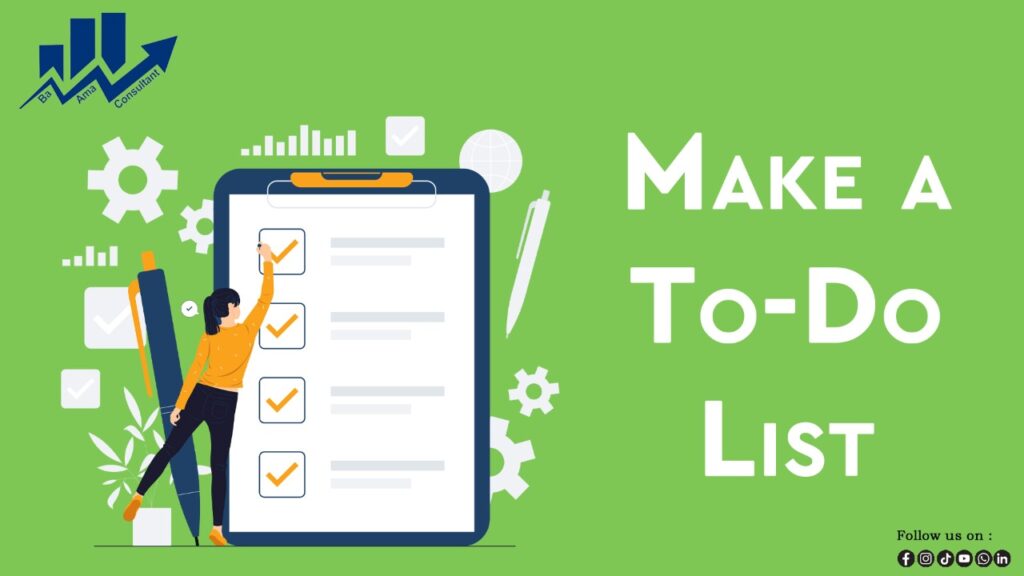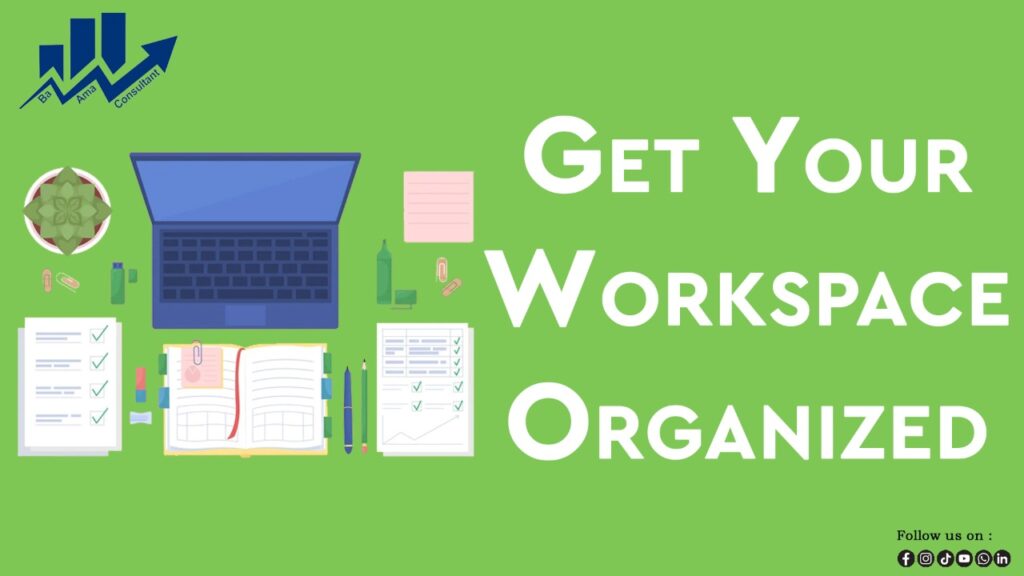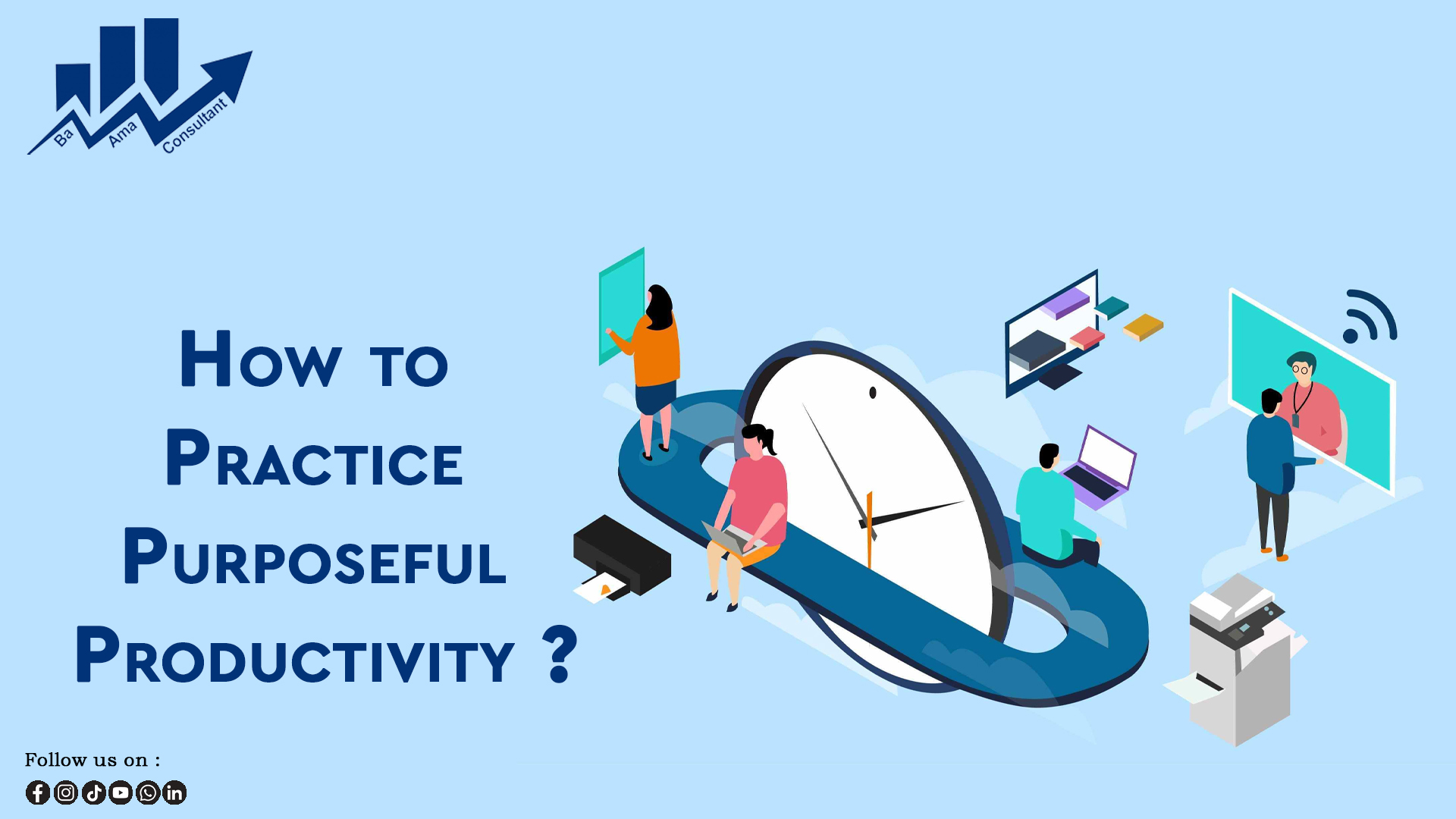Purposeful Productivity makes your task easy. No one can argue withs the fact that great organizations are made up of great people, although some CEOs and management figures tend to take credit for positive results more often than not. Our brains are wired in very similar ways, despite the fact that there are an infinite number of personalities out there. In addition to increasing your motivation and productivity, these simple tips will also make your working day more enjoyable.
What is Productivity?
In terms of production efficiency, productivity refers to a variety of metrics. This is often used in popular culture as a description of an individual’s efforts and speed of production. Producing output per unit of input is what a productivity measure refers to technically. Businesses, individuals, and nations depend heavily on productivity for their production performance. For you to improve your productivity in the most efficient manner possible, you must understand these most important concepts that encompass the field of productivity.
- Goals
- Actions
- Projects
- Distractions
- Focus
- Habits
- Reflection.
Learn About:
The Mindset of a Top Performing Sales Professional
Poor Communication Skills Can Be A Hindrance To Hybrid Working
Steps to Take into Consideration to Practice Purposeful Productivity
Taking the ideas you have read and putting them into practice in a meaningful way will help you truly understand a skill. Our goal is to enable you to get a taste of what it means to be productive.
Keeping a timer
Your life will be improved by time-boxing. Essentially, it’s just about scheduling a task and sticking to it. Observing deadlines, prioritizing work, feeling accomplished often, and being transparent allow others to see what you’re doing and help. It works because it touches on so many facets of behavior. Creating chunks of tasks and estimating their duration is tricky, but practice makes these skills more adept. It’s essential to schedule time carefully and take into account commutes, meetings, and other commitments.
Set priorities
Having a thousand things to do at once is part of the modern worker’s daily routine. Prioritizing them should be ruthless and methodical. If you don’t, you’ll consistently contribute less to the company. Don’t let distracting tasks, like email and alerts, jump to the top of your list. Prioritizing tasks is also essential, and a simple system will always be better than none. Put your tasks on a list and give them a score out of 10 or colour code them.

You need to say no
It’s not possible to please everyone! In addition to not being able to meet deadlines and complete tasks, overloading yourself with work also affects the quality of all of your work. If you want to focus on the most important things, sometimes it would be best to politely decline. You’ll gain respect and understanding from colleagues if you do it right.
Get moving
There are many benefits to moving. As a result, you can break out of your daydreams, stir creative thoughts, and get the blood flowing around your body. We need it to balance the stress of our desk-bound lives. It’s perfect for us. If you haven’t been active for too long, you might want to consider wearing a wearable that alerts you to it. When you’re in a meeting or on a call, take a walk.
Keep your devices under control
Avoid letting them control you. A study you’re reading might have you checking your phone a lot in a day. Performance in tests has been reduced even when your phone is in sight but not touched. By removing distracting devices from your desk, you’ll be able to accomplish more while having fewer distractions.
Make sure you take regular breaks
Focus and productivity are increased when regular, short breaks are incorporated into the work day. In order to accomplish this, you can use the Pomodoro Technique. Using the timer, you divide your work into short intervals, usually 25 minutes, with regular microbreaks of around five minutes. Try different timings to see what works for you.
Make a to-do list
There is no doubt that to-do lists are essential. Time management doesn’t end with them, but they are essential. The tasks must be logged somewhere and then acted upon when we are in a calm period. Prioritizing them and scheduling them are the next steps for a lot of people. To-do lists are the first step.

Maintain a healthy diet
A crash will almost certainly result if you load up on sweets and crisps while working for hours on end. When one tries to exert self-control, more glucose is burned in the brain, resulting in decreased productivity. Your health and productivity are better when you eat food that slowly releases energy over time. Eat a lunch that contains protein, vegetables, fat and carbohydrates that are unprocessed and whole.
Rule of two minutes
Don’t write it down or put it into a system if you can do it in less than 2 minutes. Obviously, if you have a more urgent or important job at that moment, it will take priority. However, it’s more beneficial to get started with a few small tasks, build momentum, clear the clutter and gain some control than to procrastinate or feel overwhelmed. When it’s not mixed with longer tasks, this works very well for full inboxes.
Social media management
During the working day, many people check Facebook to see what their friends are doing. However, social media can lead to unhealthy distractions. You can easily end up in trouble if you upload content unthinkingly. Social media shouldn’t control you, you should take control. You should schedule 5 minutes of social media time twice a day into your calendar. You can limit the impact of social media on your day by setting aside time to check it.
Read About:
Best Practices For Conducting An Exit Interview
The Ultimate Guide To How Job Training Helps Boost Employee Productivity
Check your email when it’s convenient for you
Each time we receive a dopamine hit from an email, comment, or any other notification, our brains get a ping. It’s so easy to keep checking your email constantly, since each new email, however mundane, releases dopamine, limiting productivity. Schedule specific times for checking emails, and allocate other times for creating your best work.
Get your workspace organized
You don’t want to spend several minutes excavating your desk while trying to find a document. You will appear more efficient and calm if you maintain an orderly work space. The first step is to impose a clean desk policy on yourself.

Getting started earlier is key
This is not an easy task, but it is simple and effective. You literally get a head start on most people in the day by getting up early, whether it’s to exercise in the morning or to work without distractions.
Taking deep breaths
Workloads are increasing, work is varied, colleagues work in multiple time zones, and devices ping everywhere, so it’s no wonder we’re more stressed than ever. It’s important to find ways to decompress that are simple. Focus on your breath and slow your breathing down a little if your mind is buzzing with too many thoughts. It only takes 90 seconds to break your automatic negative response cycle and the resulting physiological response.
Disable notifications
If the alert is truly urgent and important, then that’s fine. However, for most of us, it’s not the case. It’s more important what we were doing. Turn off your alerts, pause them, and put your phone in airplane mode. Taking control of your attention applies to everything, and this is about reclaiming it. Muting alerts is easy and effective when you go full-screen.
You might want to know about:
3 M’s (Manager Mastermind Masterclass) 3rd Batch.
Incorrect Perceptions Affect Your Career Growth

